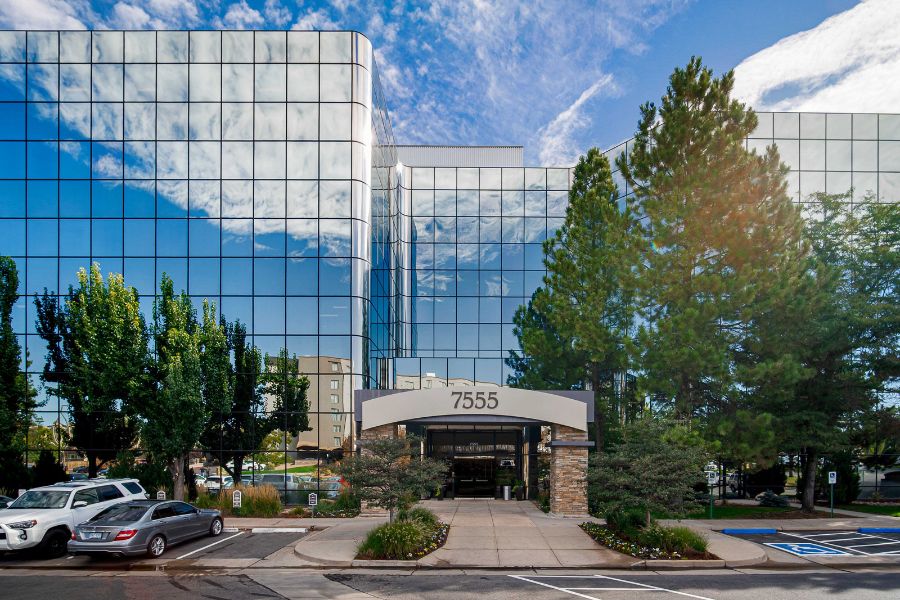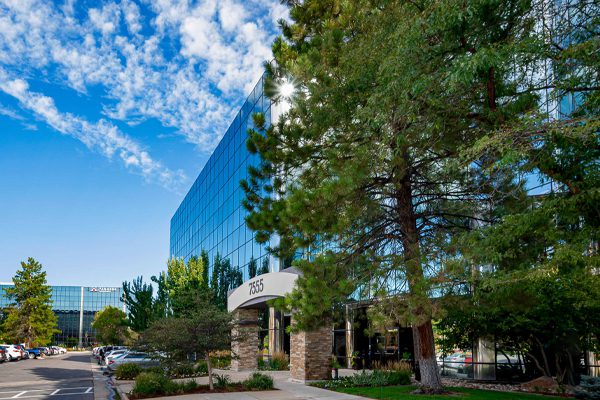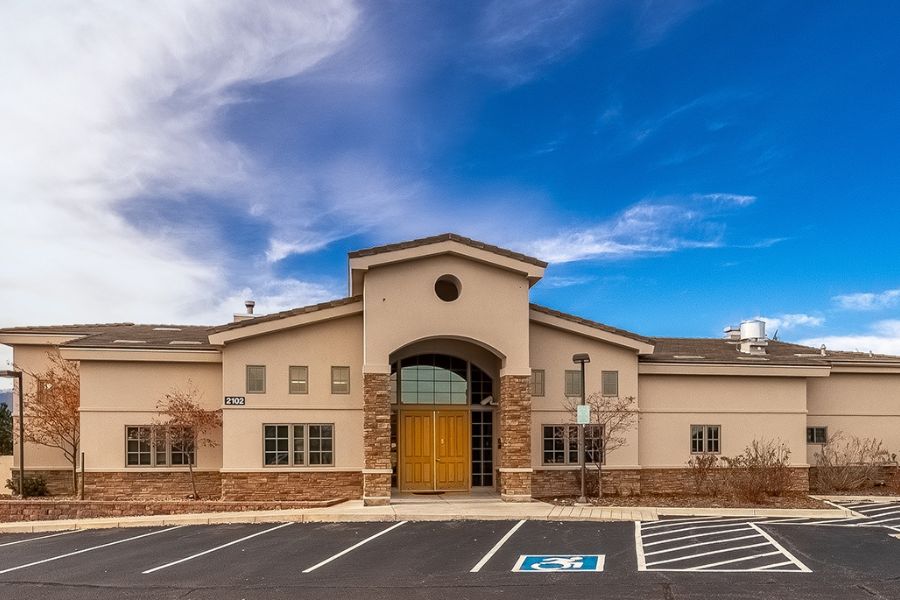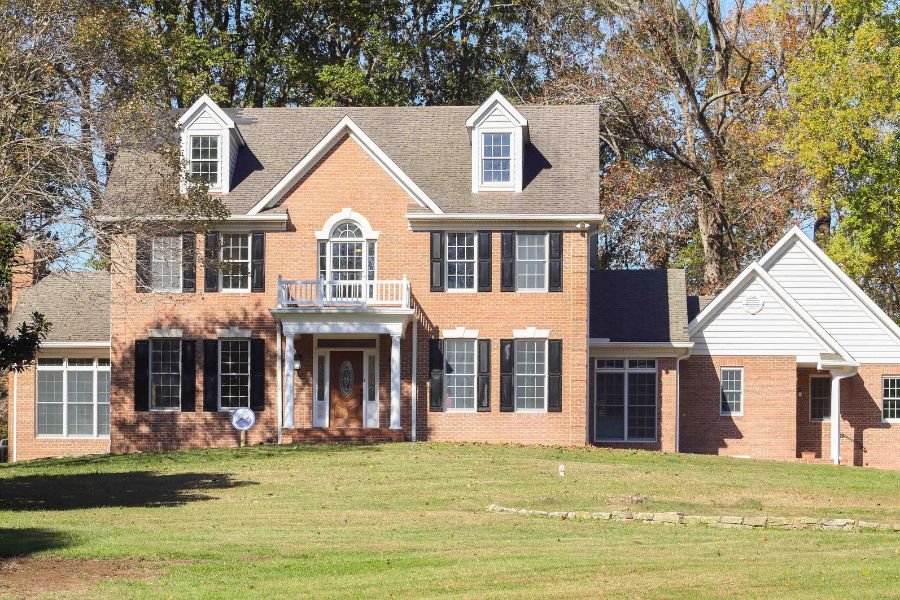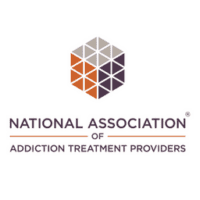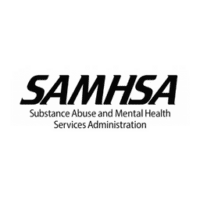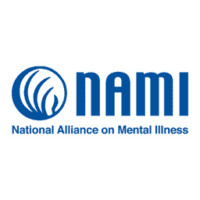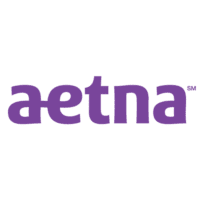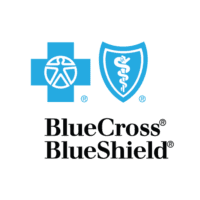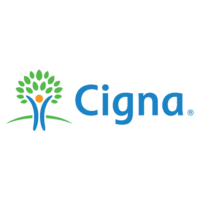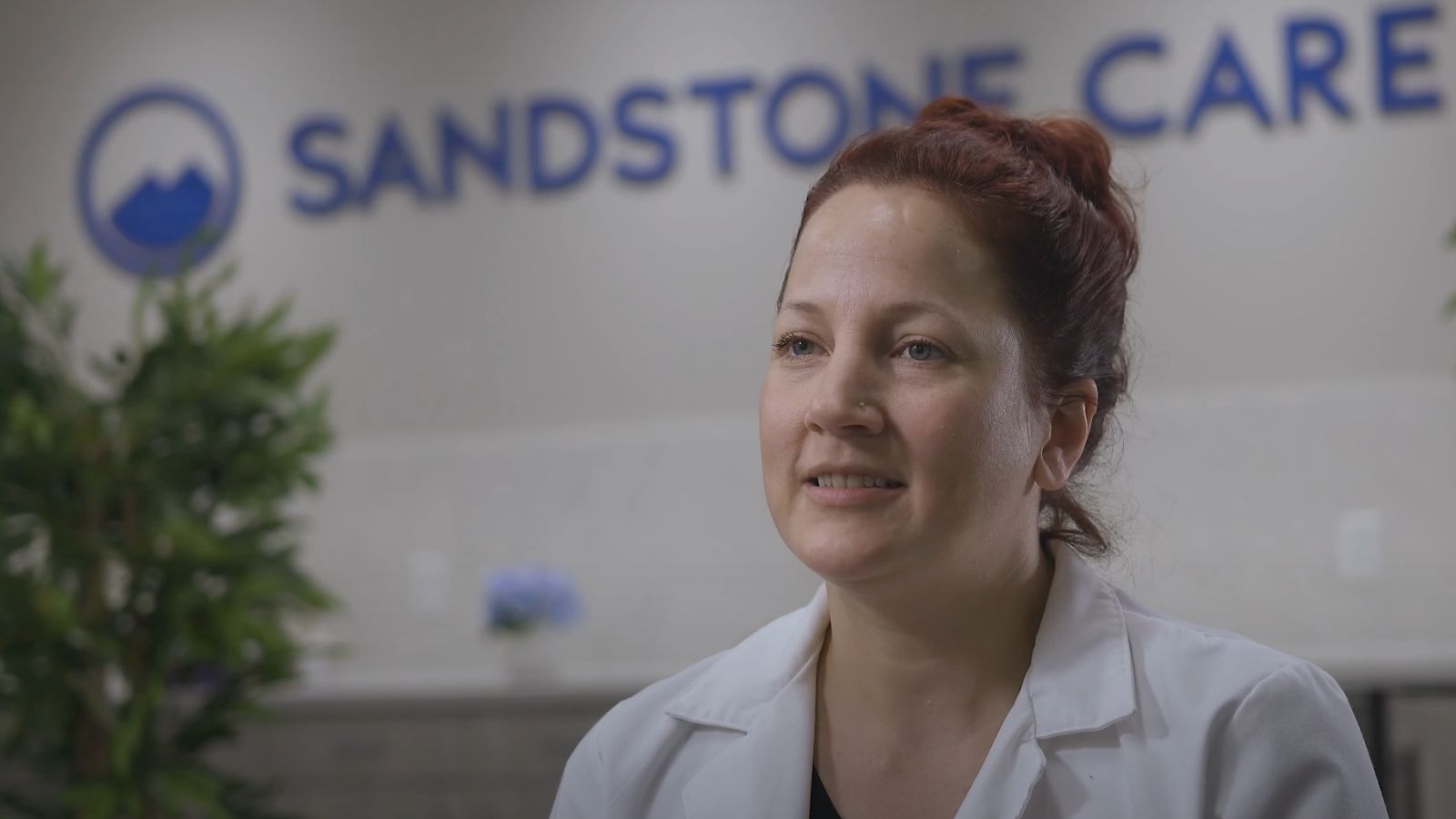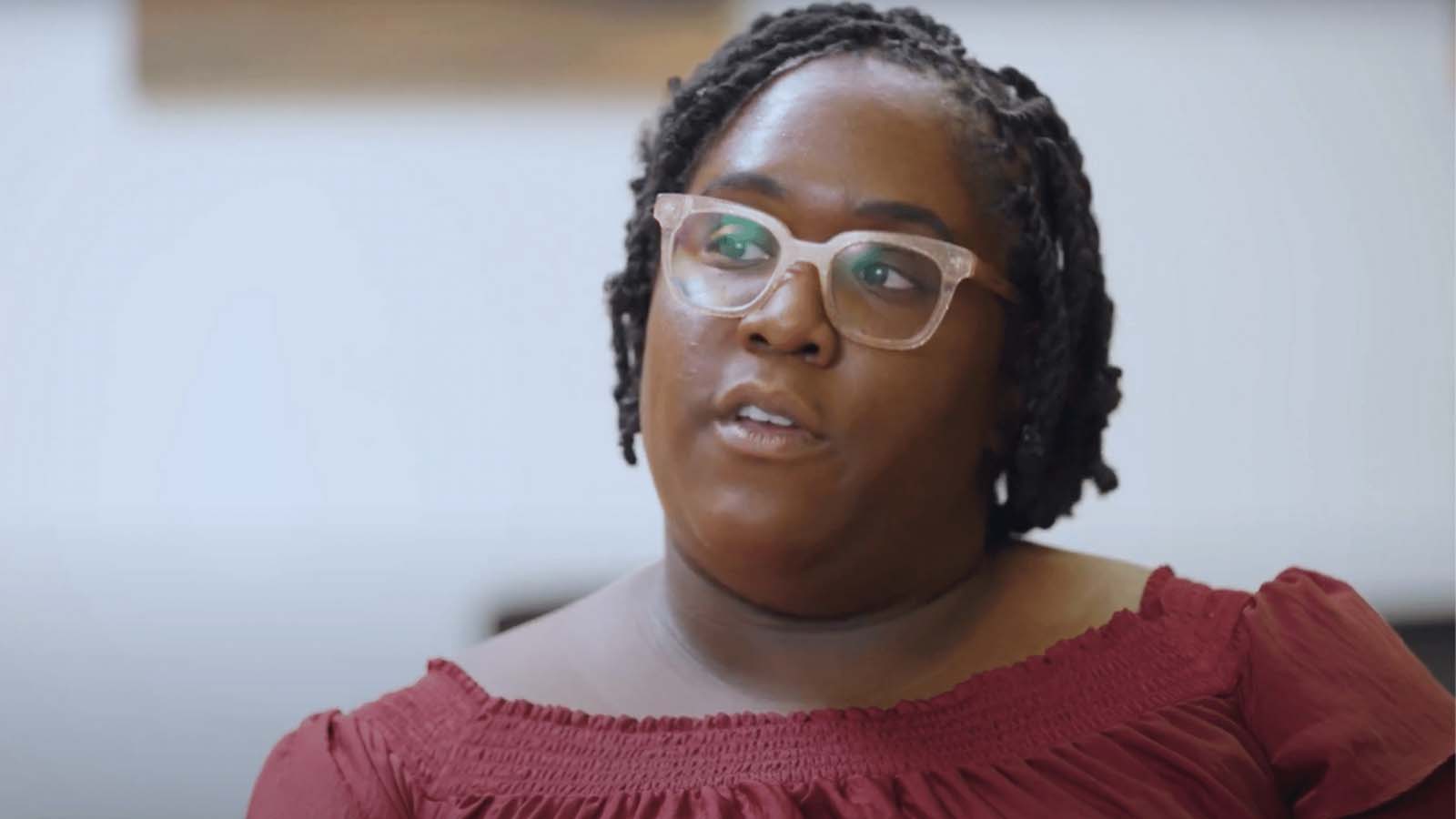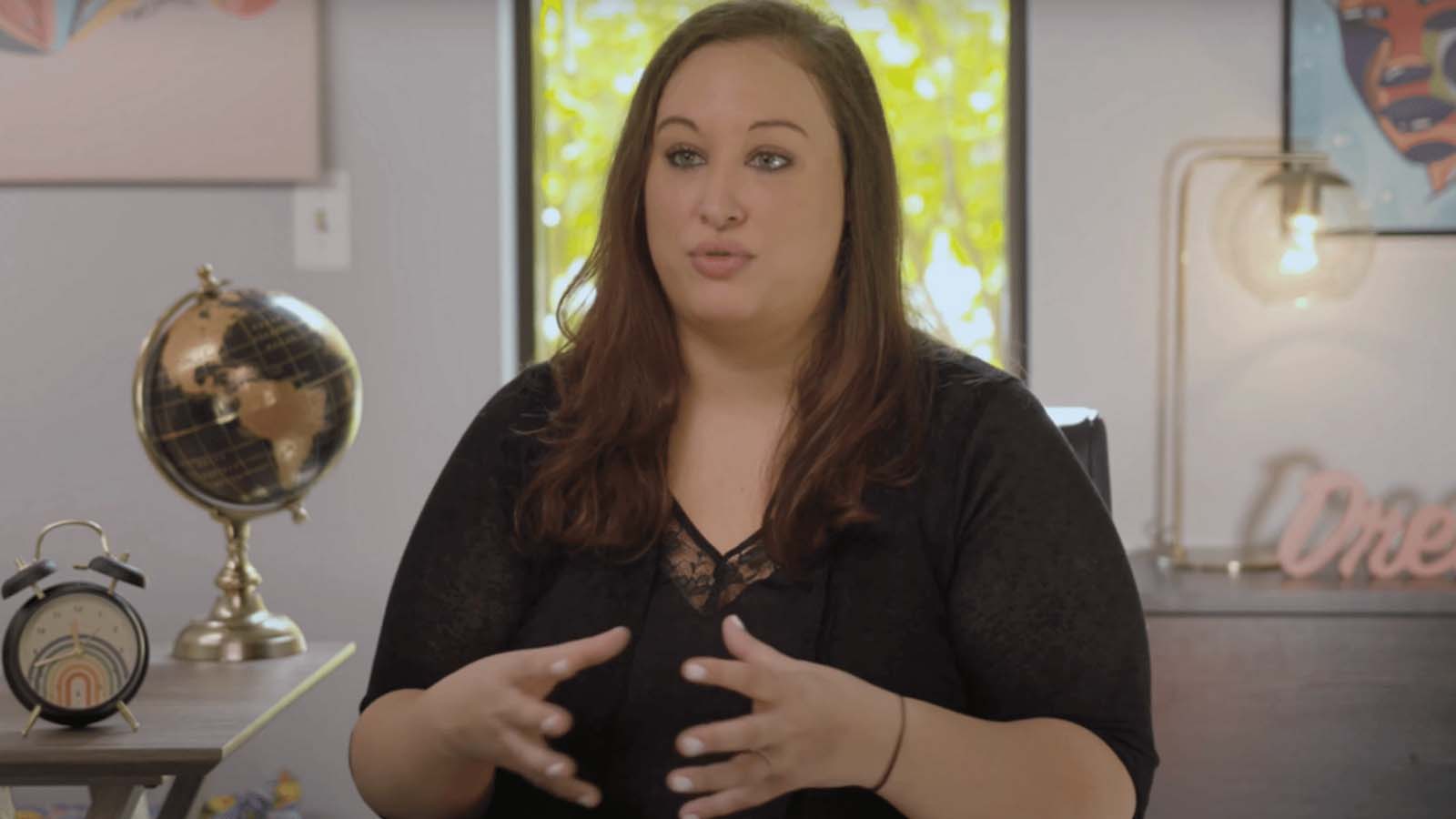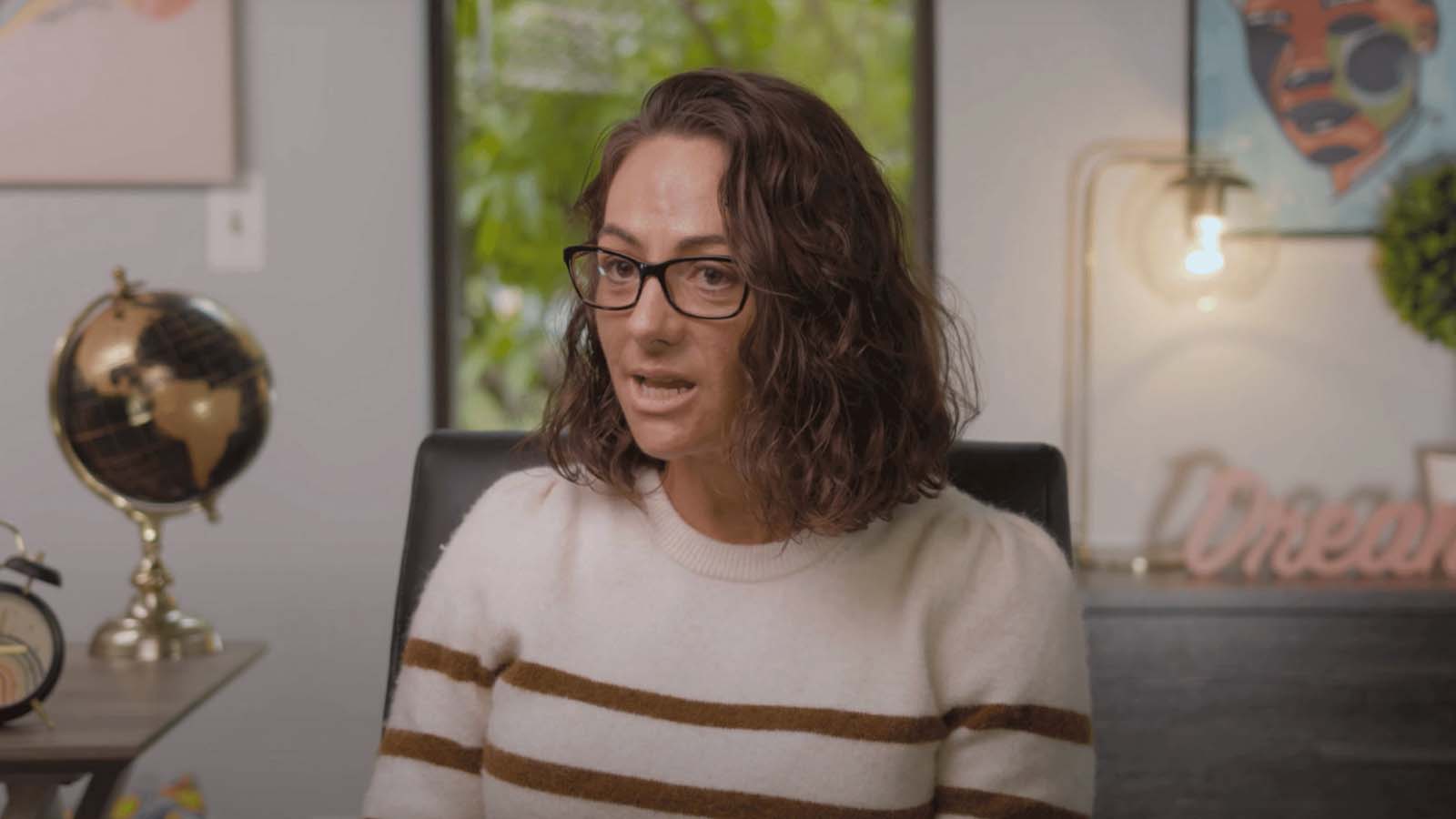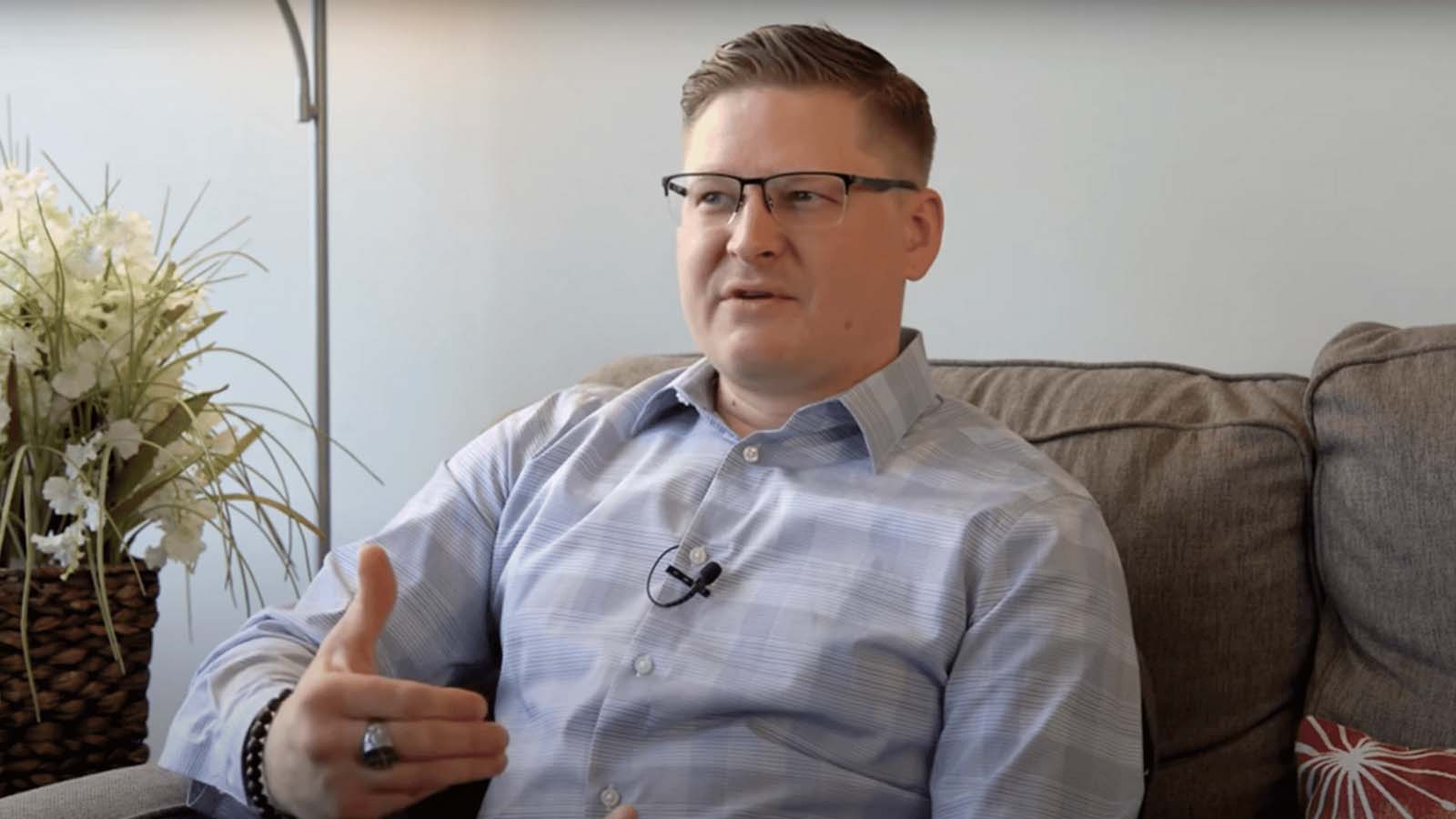How Tragedy Has Shaped Mental Health Treatment in Littleton
On what began as a normal day in Littleton on April 20th of 1999, tragedy overtook Columbine High School as two students opened fire on their peers. Twelve students and one teacher were killed, while twenty more were injured, before the two shooters took their own lives as well. In the wake of this tragedy, the mother of one of the shooters, Susan Klebold became very outspoken in advocating for mental health and suicide prevention resources.
Since a mental health task force was assembled in 2000, a variety of resources have been recommended and put in place. Bullying prevention programs, mental health and substance use assessments, and increased counseling services have all been implemented in Littleton. Local mental health professionals say this is largely in part to the things that were learned during the Columbine shooting.
The hardships that the students, faculty, and residents of Littleton faced following the disaster that occurred at Columbine High School have shifted and influenced the narrative surrounding the things that teens and young adults deal with, in particular mental health and substance abuse. Mental healthcare providers now have a greater and more defined understanding of the needs that teens and young adults have, and are better equipped to serve them.




